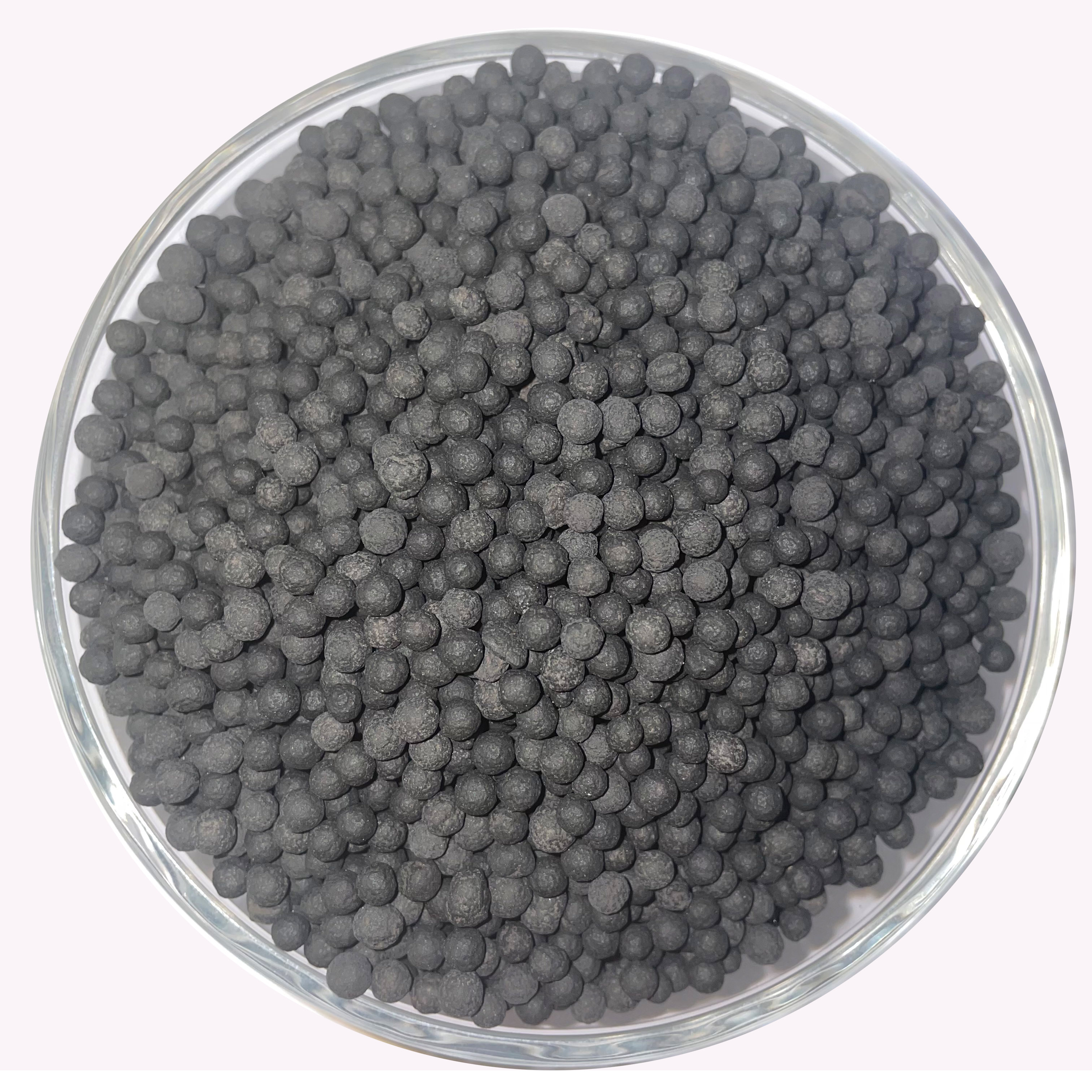
Aug . 19, 2024 06:03 Back to list
Factories Producing Organic Phosphorus Fertilizers for Enhanced Plant Nutrient Availability
The Importance of Plant-Available Organic Phosphorus Fertilizers
Phosphorus is an essential nutrient for plant growth and development. It plays a critical role in various physiological processes, including photosynthesis, energy transfer, and the synthesis of nucleic acids. However, conventional phosphorus fertilizers, primarily derived from rock phosphate, often pose environmental risks and sustainability concerns. Consequently, the demand for plant-available organic phosphorus fertilizers is on the rise, leading to a burgeoning industry of factories dedicated to their production.
Organic phosphorus fertilizers are derived from natural sources such as bone meal, manure, compost, and other organic materials. Unlike inorganic fertilizers, which often lead to nutrient runoff and soil degradation, organic phosphorus fertilizers offer a more sustainable and environmentally friendly alternative. They not only provide phosphorus in a form that plants can readily absorb but also improve soil structure and promote microbial activity.
The Production Process
The process of manufacturing organic phosphorus fertilizers typically involves the decomposition of organic materials through microbial activity, which breaks down complex organic compounds into simpler, plant-available forms. Various factories around the world are equipped with advanced technologies to ensure that the organic fertilizers produced are rich in phosphorus and have a balanced nutrient profile.
Factories often employ processes such as composting, anaerobic digestion, and fermentation to convert organic waste into high-quality fertilizers. These methods not only enhance the availability of phosphorus but also minimize waste and contribute to a circular economy. For instance, utilizing agricultural residues and food waste to produce organic fertilizers helps reduce landfill use and greenhouse gas emissions.
Market Demand and Trends
plant available organic phosphorus fertilizer factories

The global market for organic fertilizers has been experiencing significant growth, driven by increased awareness of sustainable agriculture practices. Farmers and agricultural producers are increasingly turning to organic fertilizers to meet regulatory standards and consumer demand for organically grown products. According to various market reports, the demand for plant-available organic phosphorus fertilizers is projected to rise significantly in the coming years, particularly in regions that prioritize sustainable farming practices.
Moreover, government policies and initiatives aimed at promoting organic farming and reducing chemical inputs in agriculture further fuel the demand for organic phosphorus fertilizers. This shift towards sustainability is not just a trend; it is becoming a necessity as the agricultural sector grapples with challenges such as soil degradation, nutrient runoff, and climate change impacts.
Environmental Benefits
The use of plant-available organic phosphorus fertilizers has several significant environmental benefits. Firstly, they improve soil fertility and enhance the ability of soil to retain moisture, which is crucial in arid and semi-arid regions. Additionally, organic fertilizers help prevent the leaching of nutrients into waterways, which can lead to eutrophication—a process that harms aquatic ecosystems.
Furthermore, by promoting biodiversity in the soil microbiome, organic phosphorus fertilizers contribute to sustainable farming practices that align with ecological principles. Healthy soils lead to healthier crops, which ultimately supports food security.
Conclusion
In conclusion, plant-available organic phosphorus fertilizers represent a critical component of sustainable agriculture. As more farms transition to organic practices, the demand for organic phosphorus fertilizers produced in specialized factories will continue to grow. These fertilizers not only support optimal plant growth but also promote environmental health and sustainability. With innovative production processes and a focus on reducing waste, the future of organic phosphorus fertilizers looks promising, paving the way for a greener agricultural landscape.
-
10 10 10 Fertilizer Organic—Balanced NPK for All Plants
NewsJul.30,2025
-
Premium 10 10 10 Fertilizer Organic for Balanced Plant Growth
NewsJul.29,2025
-
Premium 10 10 10 Fertilizer Organic for Balanced Plant Growth
NewsJul.29,2025
-
Premium 10 10 10 Fertilizer Organic for Balanced Plant Growth
NewsJul.29,2025
-
50 Pound Bags of 13-13-13 Fertilizer for All Plants – Bulk & Organic Options
NewsJul.28,2025
-
High-Efficiency 15-30-15 Granular Fertilizer for Healthy Crops
NewsJul.28,2025
